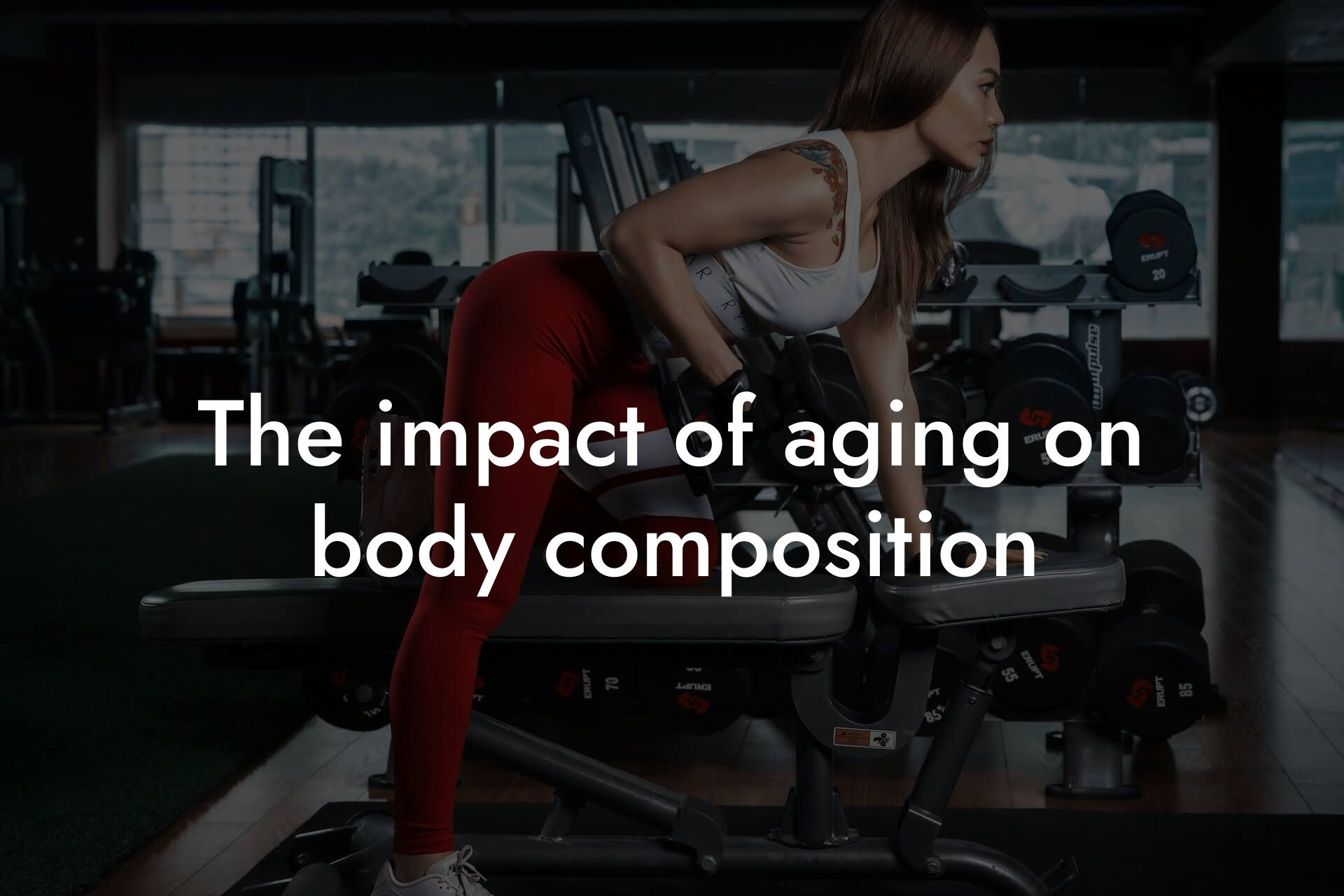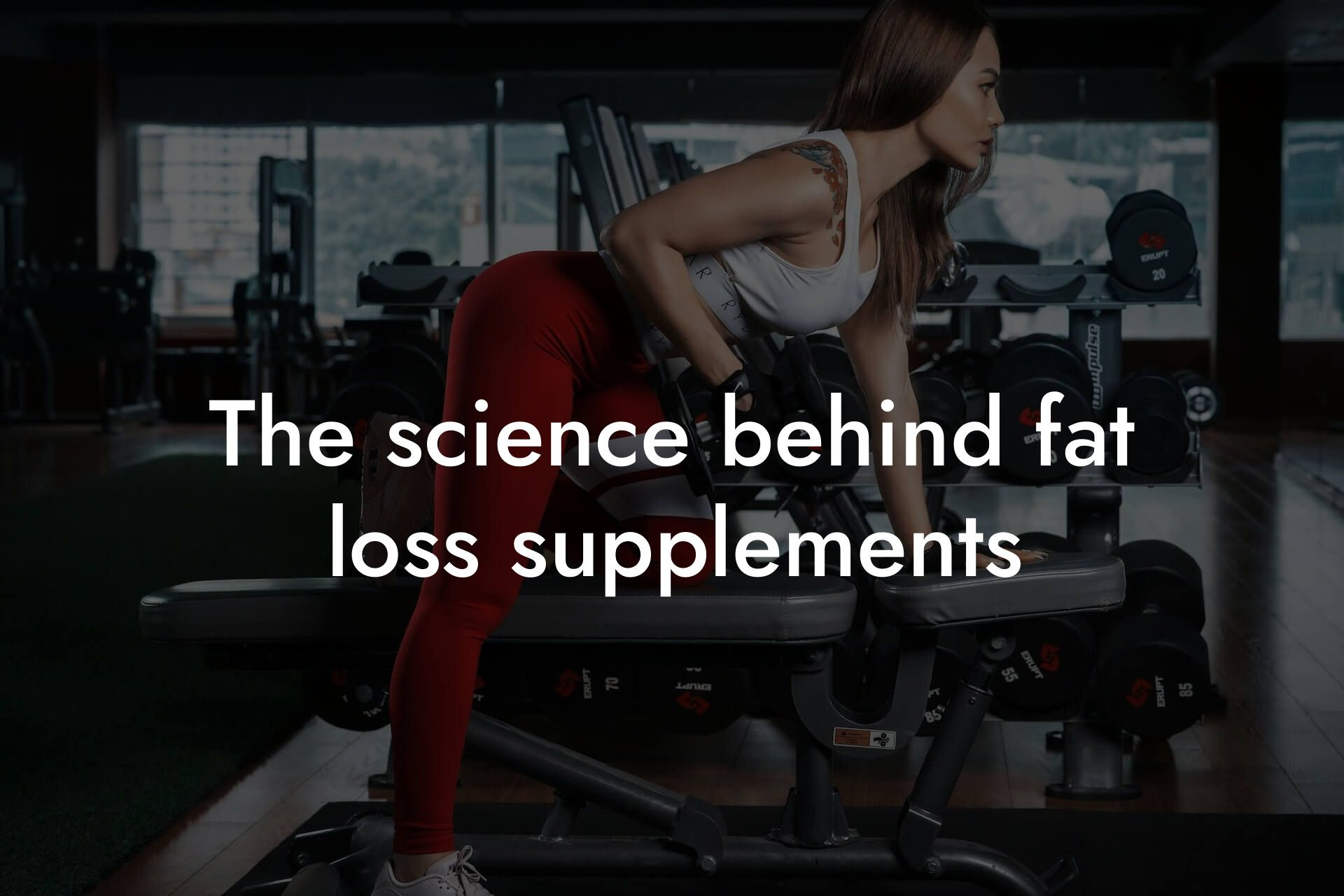As high-earning professionals, you understand the importance of maintaining a healthy and fit physique. A well-balanced body composition not only boosts confidence but also enhances overall health and performance. One crucial aspect of achieving this balance is understanding the role of hormones in body composition. Hormones play a vital role in regulating various bodily functions, including metabolism, growth, and development. In this article, we will delve into the world of hormones and explore their impact on body composition.
Table of Contents
The Endocrine System: A Brief Overview
The endocrine system is a complex network of glands and organs that produce and regulate hormones in the body. The main endocrine glands include the pituitary gland, thyroid gland, adrenal glands, pancreas, and gonads (ovaries and testes). These glands work together to produce and secrete hormones that travel through the bloodstream to reach their target cells, tissues, and organs.
Key Hormones Involved in Body Composition
Several hormones play a significant role in regulating body composition. These include:
1. Insulin: Regulates blood sugar levels and promotes fat storage. Insulin resistance, a precursor to type 2 diabetes, can lead to weight gain and fat accumulation.
2. Leptin: Produced by fat cells, leptin helps regulate energy balance and body weight. Low leptin levels can lead to increased hunger and weight gain.
3. Testosterone: Essential for muscle growth and development, testosterone also plays a role in fat loss and bone density. Low testosterone levels can lead to decreased muscle mass and increased body fat.
4. Estrogen: While often associated with female reproductive health, estrogen also plays a role in body composition. It helps regulate fat distribution and can influence muscle mass.
5. Cortisol: Often referred to as the "stress hormone," cortisol helps regulate energy metabolism and fat storage. Chronically elevated cortisol levels can lead to weight gain and fat accumulation around the midsection.
6. Growth Hormone: Produced by the pituitary gland, growth hormone helps regulate muscle growth and development, as well as bone density.
Hormonal Imbalances and Body Composition
Hormonal imbalances can significantly impact body composition. For example:
1. Polycystic Ovary Syndrome (PCOS): Characterized by insulin resistance, PCOS can lead to weight gain, fat accumulation, and decreased muscle mass.
2. Hypothyroidism: An underactive thyroid gland can lead to weight gain, fatigue, and decreased muscle mass.
3. Cushing's Syndrome: A hormonal disorder caused by excessive cortisol production, Cushing's syndrome can lead to weight gain, fat accumulation, and decreased muscle mass.
The Impact of Hormones on Body Fat Distribution
Hormones play a significant role in regulating body fat distribution. For example:
1. Visceral Fat: Cortisol and insulin resistance can lead to increased visceral fat storage, which is associated with a higher risk of chronic diseases.
2. Subcutaneous Fat: Estrogen and leptin help regulate subcutaneous fat distribution, which can impact body shape and appearance.
The Role of Hormones in Muscle Growth and Development
Hormones are essential for muscle growth and development. For example:
1. Testosterone: Testosterone is crucial for muscle growth and development, and low levels can lead to decreased muscle mass.
2. Growth Hormone: Growth hormone helps regulate muscle growth and development, and deficiencies can lead to decreased muscle mass.
How to Balance Hormones for Optimal Body Composition
Achieving optimal body composition requires balancing hormone levels. Here are some tips:
1. Diet: Focus on whole, nutrient-dense foods, and avoid processed and high-sugar foods that can disrupt hormone balance.
2. Exercise: Regular exercise, including strength training and high-intensity interval training, can help regulate hormone levels and improve body composition.
3. Stress Management: Chronic stress can disrupt hormone balance, so engage in stress-reducing activities like yoga, meditation, or deep breathing exercises.
4. Sleep: Aim for 7-9 hours of sleep per night to help regulate hormone levels and support muscle growth and development.
5. Supplementation: Certain supplements like omega-3 fatty acids, vitamin D, and probiotics can help support hormone balance and overall health.
Understanding the role of hormones in body composition is crucial for achieving optimal health and fitness. By recognizing the impact of hormonal imbalances and taking steps to balance hormone levels, you can improve body composition, boost confidence, and enhance overall performance. At Tano Performance Group, we use advanced DEXA technology to provide comprehensive body assessments, helping high-earning professionals like you achieve their fitness goals and take their business to the next level.
Frequently Asked Questions
What is the role of hormones in body composition?
Hormones play a crucial role in regulating body composition by controlling the way the body stores and utilizes energy, builds and repairs tissues, and maintains overall health. Hormonal imbalances can significantly impact body composition, leading to changes in body fat, muscle mass, and bone density.
What are the primary hormones involved in body composition?
The primary hormones involved in body composition are insulin, growth hormone, testosterone, estrogen, cortisol, and leptin. Each of these hormones has a unique role in regulating metabolism, energy storage, and tissue growth and repair.
How does insulin affect body composition?
Insulin is a hormone produced by the pancreas that regulates blood sugar levels. When insulin levels are high, the body stores excess glucose as glycogen or fat, leading to weight gain and increased body fat. Conversely, when insulin levels are low, the body burns stored fat for energy, leading to weight loss.
What is the role of growth hormone in body composition?
Growth hormone is produced by the pituitary gland and stimulates the growth and repair of tissues, including muscle and bone. It also helps regulate metabolism and energy storage, promoting fat loss and muscle gain.
How does testosterone impact body composition?
Testosterone is a hormone produced by the testes in men and the ovaries in women. It plays a crucial role in regulating muscle mass, bone density, and body fat distribution. Low testosterone levels can lead to decreased muscle mass, increased body fat, and decreased bone density.
What is the role of estrogen in body composition?
Estrogen is a hormone produced by the ovaries in women and plays a crucial role in regulating body fat distribution, particularly in the hips, thighs, and breasts. It also helps regulate bone density and metabolism.
How does cortisol affect body composition?
Cortisol is a hormone produced by the adrenal glands in response to stress. Chronically elevated cortisol levels can lead to increased body fat storage, particularly in the abdominal area, and decreased muscle mass.
What is the role of leptin in body composition?
Leptin is a hormone produced by fat cells that helps regulate energy balance and body weight. It signals the brain when the body has enough energy stores, reducing hunger and increasing energy expenditure.
Can hormonal imbalances lead to weight gain?
Yes, hormonal imbalances can lead to weight gain. For example, insulin resistance can lead to increased insulin levels, promoting fat storage and weight gain. Similarly, low testosterone levels can lead to decreased muscle mass and increased body fat.
How does stress impact hormone levels and body composition?
Chronic stress can lead to increased cortisol levels, which can disrupt hormone balance and impact body composition. Elevated cortisol levels can promote fat storage, particularly in the abdominal area, and decrease muscle mass.
Can hormone replacement therapy (HRT) help with weight loss?
HRT may be beneficial for weight loss in individuals with hormone deficiencies or imbalances. However, it's essential to consult with a healthcare professional to determine the appropriate course of treatment and ensure safe and effective use of HRT.
How does sleep impact hormone levels and body composition?
Chronic sleep deprivation can disrupt hormone balance, leading to increased cortisol levels, decreased insulin sensitivity, and decreased growth hormone production. This can impact body composition, leading to weight gain and decreased muscle mass.
Can diet and exercise impact hormone levels and body composition?
Yes, diet and exercise can significantly impact hormone levels and body composition. A balanced diet that includes protein, healthy fats, and complex carbohydrates can help regulate hormone levels, while regular exercise can improve insulin sensitivity, increase growth hormone production, and promote fat loss.
What is the impact of menopause on hormone levels and body composition?
Menopause is characterized by a decline in estrogen levels, leading to changes in body composition, including increased body fat, particularly in the abdominal area, and decreased muscle mass. Hormone replacement therapy (HRT) may be beneficial in managing these changes.
How does polycystic ovary syndrome (PCOS) impact hormone levels and body composition?
PCOS is a hormonal disorder characterized by insulin resistance, high androgen levels, and irregular menstrual cycles. It can lead to weight gain, particularly in the abdominal area, and decreased muscle mass. Lifestyle modifications, including diet and exercise, and hormone therapy may be beneficial in managing PCOS.
Can hormone levels be tested and monitored?
Yes, hormone levels can be tested and monitored through blood tests, saliva tests, or urine tests. These tests can help identify hormonal imbalances and monitor the effectiveness of treatment plans.
What are the risks associated with hormone imbalances?
Hormone imbalances can increase the risk of chronic diseases, including obesity, diabetes, cardiovascular disease, and osteoporosis. They can also impact mental health, leading to anxiety, depression, and mood disorders.
How can I maintain healthy hormone levels and body composition?
Maintaining healthy hormone levels and body composition requires a holistic approach that includes a balanced diet, regular exercise, stress management, and adequate sleep. It's also essential to consult with a healthcare professional to identify and address any underlying hormonal imbalances.
What are the benefits of consulting with a healthcare professional for hormone-related issues?
Consulting with a healthcare professional can help identify underlying hormonal imbalances and develop a personalized treatment plan to address these imbalances. They can also provide guidance on lifestyle modifications, including diet and exercise, and hormone therapy, if necessary.
Can hormone-related issues be managed through lifestyle modifications alone?
In some cases, hormone-related issues can be managed through lifestyle modifications alone. However, in more severe cases, hormone therapy may be necessary. It's essential to consult with a healthcare professional to determine the best course of treatment.
What is the role of Tano Performance Group in managing hormone-related issues?
Tano Performance Group provides high-earning professionals with the information and resources they need to manage hormone-related issues and achieve their physical appearance, body fat, physique, and bone density goals. Our expert team provides personalized guidance and support to help individuals achieve optimal health and wellness.
Here are some related articles you might love...
- The impact of aging on body composition
- The science behind fat loss supplements
- Personalized fitness and nutrition plans using AI
- The future of body composition analysis technology
- How to read and interpret scientific studies on body composition
- Debunking common fitness and health myths
- Exploring alternative fitness methods (e.g., cryotherapy, infrared saunas)
- Testosterone and its effects on muscle mass and fat distribution
- Biohacking for body composition and performance
Zak Faulkner
Zak Faulkner is a leading authority in the realm of physical health and body composition analysis, with over 15 years of experience helping professionals optimise their fitness and well-being. As one the experts behind Tano Performance Group, Zak has dedicated his career to providing in-depth, science-backed insights that empower clients to elevate their physical performance and overall health.
With extensive knowledge of DEXA technology, Zak specializes in delivering comprehensive body assessments that offer precise data on body fat, muscle mass, bone density, and overall physique. His expertise enables individuals to make informed decisions and achieve their fitness goals with accuracy and confidence. Zak’s approach is rooted in a deep understanding of human physiology, combined with a passion for helping clients unlock their full potential through personalised strategies.
Over the years, Zak has earned a reputation for his commitment to excellence, precision, and client-focused service. His guidance is trusted by top professionals who demand the best when it comes to their health. Whether advising on fitness programs, nutritional strategies, or long-term wellness plans, Zak Faulkner’s insights are a valuable resource for anyone serious about taking their health and fitness to the next level.
At Tano Performance Group, Zak continues to lead our Content Team revolutionising how professionals approach their physical health, offering unparalleled expertise that drives real results.




